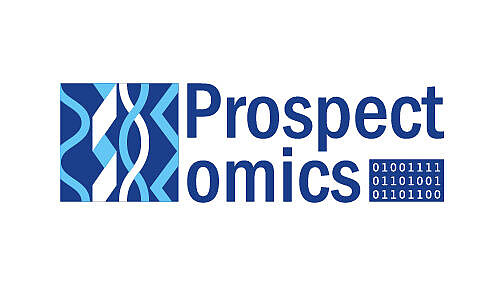Projects funded by the European Union (EU)
European Regional Development Fund (ERDF)
EASY-nLC 1200 Nano-HPLC
With the support from the European Regional Development Fund (ERDF) it was possible to acquire a nano- HPLC System for the mass spectrometric analysis of complex peptide samples generated in proteomics approaches. The LC- System will be used within the frame of extramurally funded research projects of applied sciences as well as in direct cooperations with industrial partners.
High-performance workstation with the software "Scaffold"
With the support of the European Regional Development Fund (ERDF) it was possible to acquire a high- performance workstation with the batch-licensed software "Scaffold". The system will be used to analyze and exchange data within the frame of industrial cooperation.
More detailed information on the European Regional Development Fund (ERDF) can be found here.
greener RPP
Greener, more sustainable platforms for high-value recombinant protein production
This project is funded from 2023 to 2026 in frame of a Marie-Skłodowska-Curie-Action as part of the Research and Innovation Framework Program "Horizon 2021" supported by the European Community.
More detailed project information can be found here.

Holoruminant
The EU-funded project is investigating the importance of endogenous microbes for development, growth, health and ecological hoofprint in agricultural ruminant species such as cattle, sheep and goats. The main goal of the project is to investigate the role of the microbiome in animal health and production efficiency. Using a multi-omics approach, the microbiome and the host are analyzed and examined with regard to their interaction. The project duration is from October 1st, 2021 to September 30th, 2026.
Further information on the project can be found here.
Former Projects
PROSPECTOMICS
Development of a new deposit prediction strategy with minimal environmental disturbance
This project was funded by the European Community from 2021 to 2024 as part of the program for research and innovation "Horizon 2020". Within the framework of the project, modern microbiological omics methods such as metagenomics, metatranscriptomics and metaproteomics are used to elucidate changes in microbial activity in sediments above reservoirs due to the effect of hydrocarbon.
Visit prospectomics.eu for more information.
A press release from the University of Greifswald can be found here.
Please note: Once you watch the video, data will be transmitted to Youtube/Google. For more information, see Google Privacy.
ITN Secreters
A new generation of microbial expression hosts and tools for the production of biotherapeutics and high-value enzymes
This project was funded from 2019 to 2023 in frame of a Marie-Skłodowska-Curie-Action as part of the Research and Innovation Framework Program "Horizon 2020" supported by the European Community.
More detailed project information can be found here.

CoInfect
Deciphering the pathomechanisms of bacterial-viral coinfections with new biomedical models
This project was funded by the Federal State Mecklenburg-Pomerania with funds of the European Social Fund (ESF) as part of the Excellence-Initiative Federal State Mecklenburg-Pomerania from January 2017 to March 2021. Thereby our group was cooperating with 13 partners from the University of Greifswald, University Medicine Greifswald, Friedrich-Loeffler- Federal Research Institute for Animal Health, and University Medicine of Rostock.
In frame of this projects our group focused on the establishment, optimization, and application of Ms-based analysis of ubiquitination.
Further information on the project can be found here.
ITN Proteinfactory
Engineering of new-generation protein secretion systems
This project was funded from 2014 to 2018 in frame of a Marie-Skłodowska-Curie-Action as part of the Research and Innovation Framework Program "Horizon 2020" supported by the European Community.
More detailed project information can be found here.
Eugenpath
Eukaryotic genes in vacuolar pathogens and symbionts
This project was funded by ERA-Infect program of the European Community from 2014 to 2017.
More detailed project information can be found here.




